1. Albert Einstein: (1879 -1995)
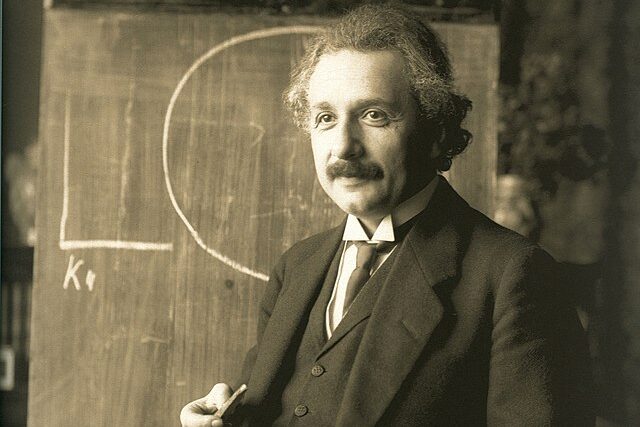
Albert Einstein’s name is almost synonymous with genius. Born in 1879, his groundbreaking theory of relativity revolutionized how we understand space, time, and gravity. His work laid the foundation for modern physics and cosmology, influencing everything from GPS technology to our understanding of black holes. His influence extends beyond academia; his advocacy for peace and civil rights also marks him as a moral figure. Schools teach his theories, and his persona is often used to represent scientific creativity. Einstein’s impact shows how one person’s ideas can ripple through time, shaping how we see the world and ourselves. Even decades after his death in 1955, Einstein remains a symbol of intellectual brilliance and the power of human thought.
2. Martin Luther King Jr.: (1929-1968)
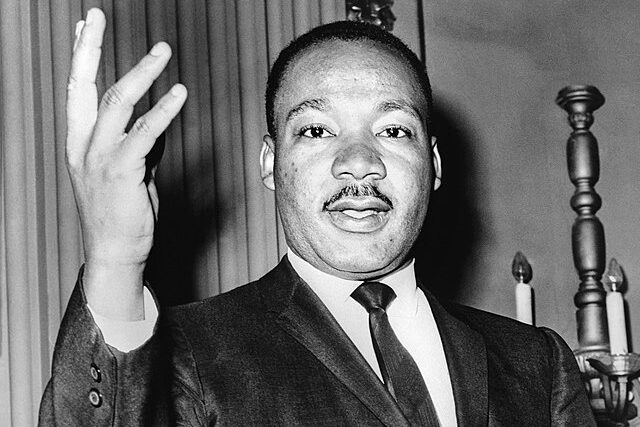
Martin Luther King Jr., born in 1929, is a towering figure in the struggle for civil rights and social justice. His speeches, especially the iconic “I Have a Dream,” are quoted in schools, political arenas, and protests around the globe. King’s leadership during the American civil rights movement helped dismantle segregation and inspired movements for equality worldwide. His commitment to nonviolent protest and justice continues to resonate in discussions about race, human rights, and democracy. King’s legacy is taught as a blueprint for peaceful resistance and moral courage. His words still fuel debates on equality and inspire activists to push for change. His life reminds us that standing up for justice can transform societies and that the fight for civil rights is ongoing.
3. William Shakespeare: (1564-1616)
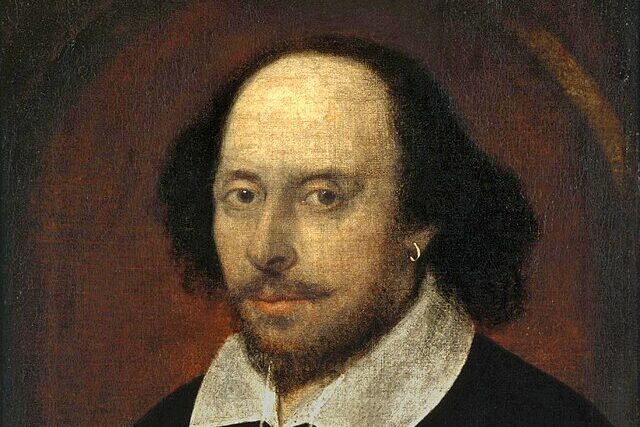
William Shakespeare, born in 1564, shaped the English language like few others. His plays and poetry explore timeless themes of love, power, jealousy, and human nature. Shakespeare’s works are still performed worldwide, studied in classrooms, and quoted in everyday speech. Phrases like “break the ice” and “wild-goose chase” come directly from his writings, showing how deeply his influence permeates language and culture. His ability to capture the complexity of human emotions and social dynamics makes his work eternally relevant. Shakespeare’s legacy is not just literary but cultural, influencing theater, film, and storytelling traditions everywhere. He reminds us that art can transcend centuries and continue to speak to the human experience.
4. Leonardo da Vinci: (1452-1519)
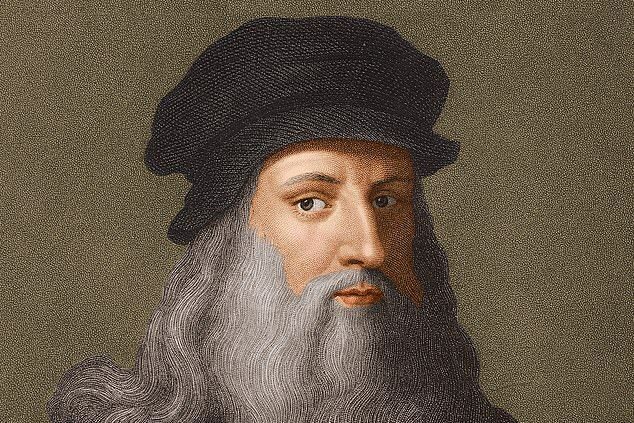
Leonardo da Vinci, born in 1452, was a master of art, science, and invention. His paintings like the Mona Lisa and The Last Supper are world-famous, but his notebooks reveal a mind endlessly curious about anatomy, engineering, and nature. Leonardo’s blend of artistic talent and scientific inquiry embodies the Renaissance ideal of a well-rounded genius. His sketches of flying machines and anatomical studies were centuries ahead of their time. Today, da Vinci is still referenced in art, science, and innovation. His work inspires creativity and interdisciplinary thinking, showing how curiosity can lead to breakthroughs in many fields. Leonardo’s legacy encourages us to explore the connections between art and science and to never stop questioning.
5. Genghis Khan: (c. 1162-1227)
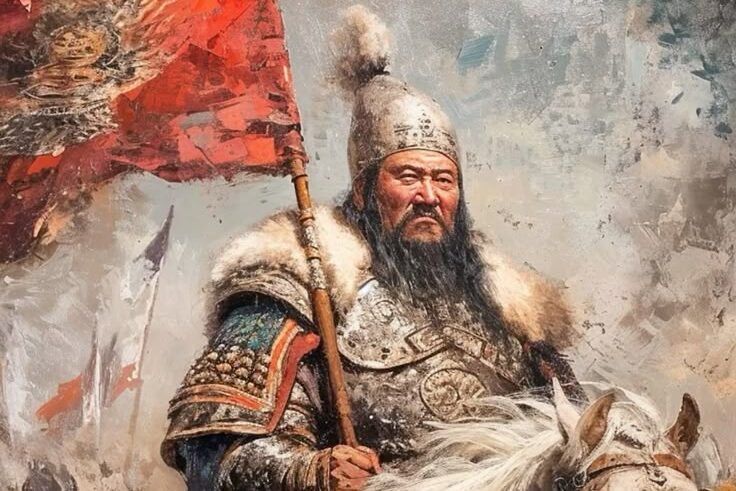
Genghis Khan, born around 1162, is a name that still echoes through the corridors of history. As the founder of the Mongol Empire, he united disparate tribes and forged the largest contiguous empire the world has ever seen. His military strategies and organizational skills are dissected in military academies, and his impact on Eurasian culture, trade, and even genetics remains a topic of fascination. Genghis Khan’s legacy isn’t just about conquest, his rule enabled the Silk Road to flourish, connecting East and West in ways that shaped global commerce and communication. Despite his reputation for brutality, Genghis Khan is also remembered for his forward-thinking policies, such as religious tolerance and merit-based leadership.
6. Muhammad: (c. 570-632)
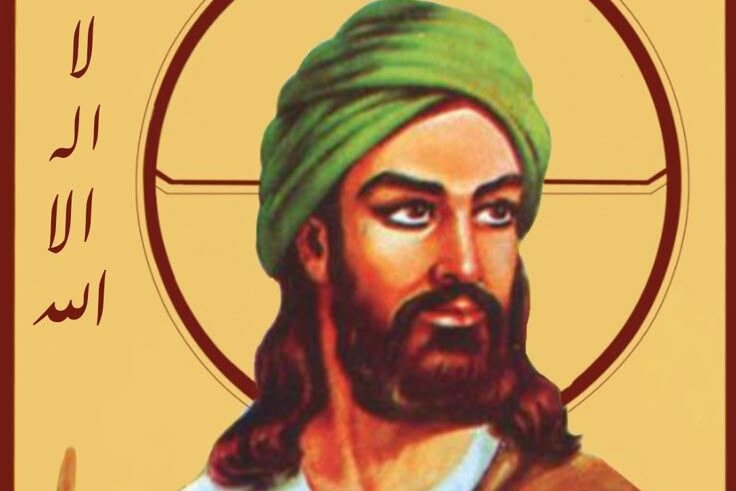
Muhammad, born around 570, is revered as the Prophet and founder of Islam. His teachings, compiled in the Quran, are the foundation for a faith followed by nearly two billion people today. Muhammad’s influence stretches far beyond religion, his principles shape laws, ethics, and daily practices in many countries. His sayings and actions are quoted in mosques, homes, and classrooms, guiding millions in their spiritual and moral lives. The Prophet’s legacy is not just spiritual; his emphasis on community, charity, and justice continues to inspire social movements and humanitarian efforts. Muhammad’s life and message are studied and honored across the globe, making him one of the most influential people in history. His enduring presence in the hearts and minds of so many shows the power of faith to shape societies.
7. Jesus of Nazareth: (c. 4 BCE-c. 30CE)

Jesus of Nazareth, who lived around 4 BCE to 30 CE, is the central figure of Christianity, the world’s largest religion. His teachings about love, forgiveness, and compassion are quoted in churches, homes, and public speeches. The story of his life, death, and resurrection is retold in countless ways, from Sunday sermons to blockbuster films. Jesus’ message of hope and redemption continues to inspire billions, shaping holidays, art, and even the way we measure time. His influence isn’t limited to religious settings; phrases like “turn the other cheek” and “good Samaritan” have entered everyday language. Jesus’ example of humility and service is cited by leaders and activists seeking to make the world a kinder place. His lasting impact is a testament to the enduring power of faith and the human search for meaning.
8. Cleopatra VII: (69-30 BCE)
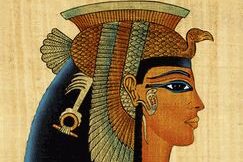
Cleopatra VII, born in 69 BCE, remains one of history’s most captivating leaders. As the last active ruler of ancient Egypt, her intelligence, charisma, and political savvy made her a legend. Cleopatra’s alliances with Julius Caesar and Mark Antony are still dramatized in books, movies, and plays, symbolizing both romance and power. Her life story is taught in classrooms as a lesson in leadership, diplomacy, and the complexities of ruling in a male-dominated world. She is often remembered for her beauty, but Cleopatra’s true legacy lies in her ability to navigate the turbulent politics of her time. Her reign marked the end of an era and the beginning of Roman dominance in Egypt. Cleopatra’s image continues to inspire artists, feminists, and anyone fascinated by strong, complex women in history.
9. Julius Caesar: (100-44 BCE)
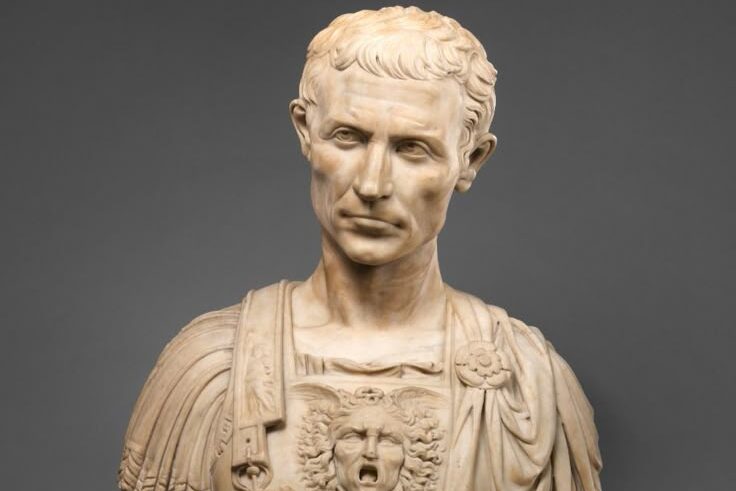
Julius Caesar, born in 100 BCE, stands out as one of history’s most influential leaders. His rise from a military commander to dictator forever altered the Roman Republic, setting the stage for the Roman Empire. Caesar’s life and dramatic assassination are retold in classrooms and on stage, especially through Shakespeare’s famous play. His name even became a title “Caesar” used by later emperors, showing just how deep his impact ran. Beyond politics, Caesar’s legacy lives on in language and law. The phrase “crossing the Rubicon” still means making an irreversible decision, and his reforms in calendar and governance echo today. His story is a lesson in ambition, power, and the unpredictable twists of history, reminding us that one person’s choices can shape the fate of nations.
10. Alexander the Great: (356-323 BCE)
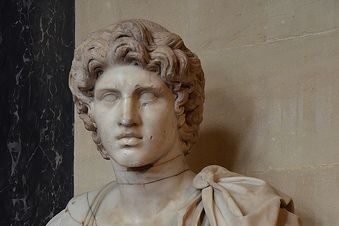
Alexander the Great, born in 356 BCE, is remembered for his extraordinary military genius and ambition. By age 30, he had created one of the largest empires in the ancient world, stretching from Greece to India. His tactics are still studied in military academies, and his vision of blending cultures influenced everything from art to language across continents. Alexander’s name is synonymous with bold leadership and the drive to explore the unknown. His story continues to inspire leaders and adventurers alike. The cities he founded, many named Alexandria, became centers of learning and culture. Alexander’s legacy is a testament to how youthful energy and vision can change the world, even if his empire did not last beyond his lifetime.
11. Aristotle: (384-322 BCE)
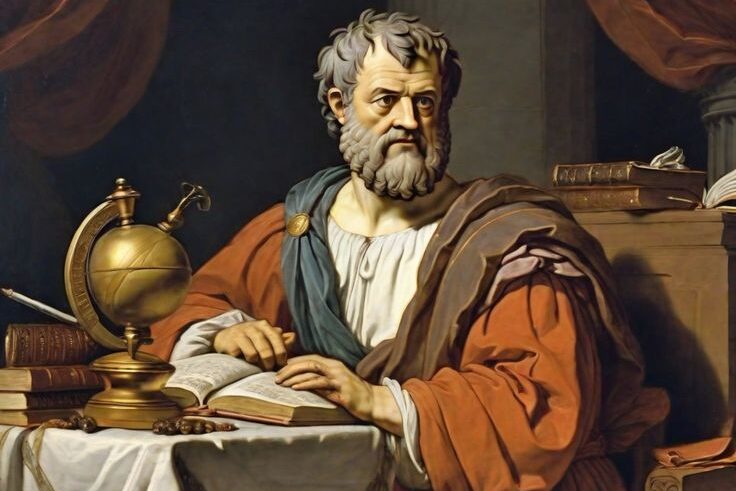
Aristotle, born in 384 BCE, is a pillar of Western thought. As a student of Plato and teacher to Alexander the Great, his influence spans philosophy, science, politics, and ethics. Aristotle’s works are still required reading in universities, and his logical approach underpins much of modern education and scientific inquiry. His ideas about virtue, logic, and the natural world continue to shape how we think and learn. He didn’t just write for scholars, Aristotle’s teachings on happiness, friendship, and the good life are quoted in everyday conversation. His method of careful observation and rational analysis set the standard for critical thinking. Aristotle’s legacy proves that deep questions and clear thinking never go out of style.
12. Socrates: (c. 470-399 BCE)
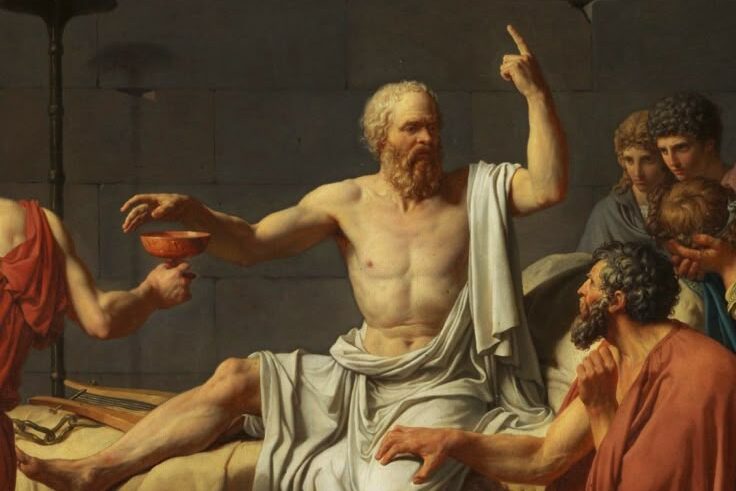
Socrates, who lived around 470–399 BCE, is the father of Western philosophy. Famous for never writing down his ideas, he taught by asking probing questions, a method now called the Socratic Method. This approach is still used in classrooms and courtrooms to encourage critical thinking and debate. Socrates’ insistence on questioning everything made him a controversial figure in Athens, ultimately leading to his trial and execution. His legacy lives on through his students, especially Plato, who recorded many of Socrates’ dialogues. The phrase “know thyself” and the idea that “the unexamined life is not worth living” are attributed to him. Socrates reminds us that wisdom often starts with asking the right questions, not just having the right answers.
13. Buddha (Siddhārtha Gautama): (c. 563-c. 483 BCE)
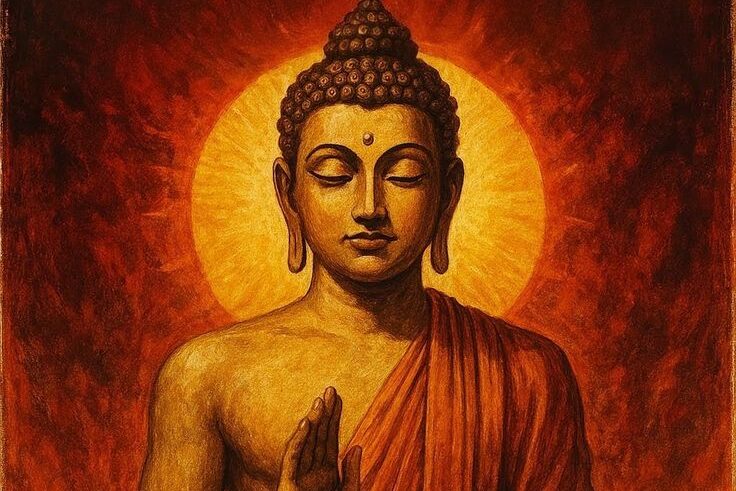
Buddha, born around 563 BCE, is the spiritual teacher behind Buddhism, a path followed by millions seeking peace and mindfulness. His journey from prince to enlightened sage is retold in homes, temples, and meditation centers, inspiring people to look inward for happiness rather than chasing external rewards. Buddha’s teachings on suffering, compassion, and the “Middle Way” are central to wellness and mindfulness practices that are now common even outside of religious contexts. Today, his influence can be seen in everything from yoga studios to self-help books, with quotes like “Peace comes from within. Do not seek it without” resonating across cultures. Statues of Buddha are found worldwide as symbols of calm and wisdom, and his life story is a reminder that anyone can seek understanding and inner peace, no matter their background.
14. Confucius: (551-479 BCE)
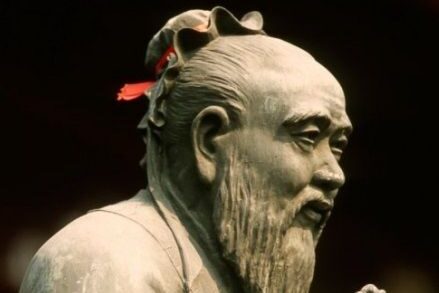
Confucius, born in 551 BCE, is the philosopher whose ideas still shape family, education, and government values across East Asia. His teachings, collected in the Analects, emphasize respect, duty, and the importance of relationship values that continue to guide millions in China, Korea, Japan, and beyond. Confucius believed that a harmonious society starts with self-cultivation and moral leadership, ideas still taught in schools and referenced in political speeches. His influence is visible in traditions like filial piety and rituals that honor ancestors, as well as in the way communities value education and ethical conduct. Confucius’s wisdom is often summed up in sayings such as “It does not matter how slowly you go as long as you do not stop,” offering encouragement to persevere. His enduring relevance shows how one person’s vision for a better society can echo through centuries, shaping not just individuals but entire civilizations.
This story 14 People from History Still Taught, Quoted, or Worshipped Today, Ending with the Oldest, from Over 2,500 Years Ago was first published on Daily FETCH


